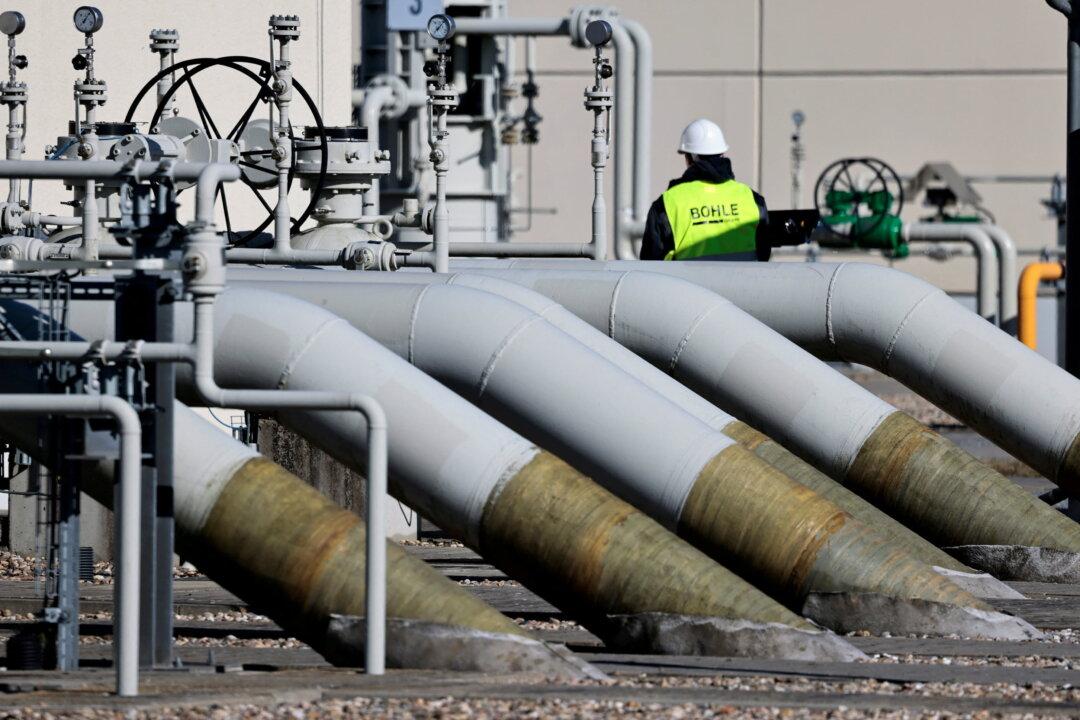Russia halted gas supplies via a key European supply route on Aug. 31 citing maintenance issues, in a move that some European countries see as retaliation for backing Ukraine in the war and that sent prices on a wild ride intraday.
Russian state energy giant Gazprom stated that Nord Stream 1, the biggest pipeline carrying gas to its top customer, Germany, will be out for maintenance until Sept. 3.





